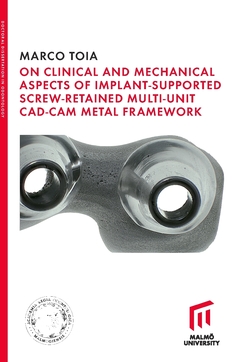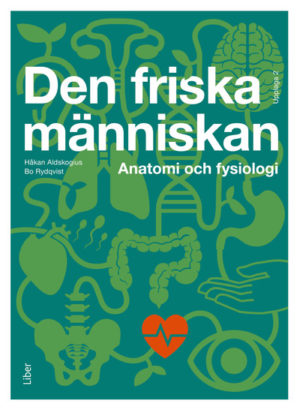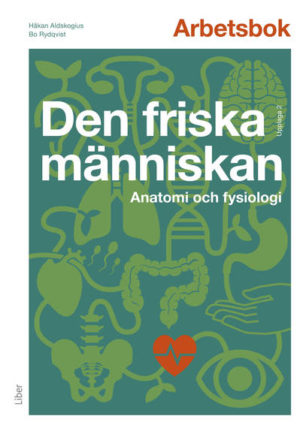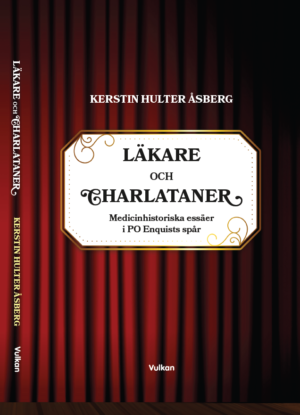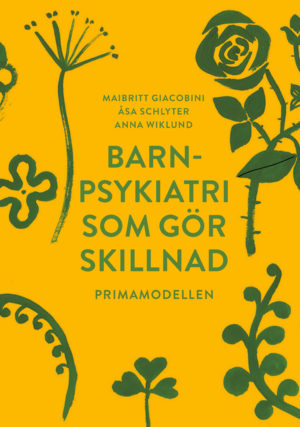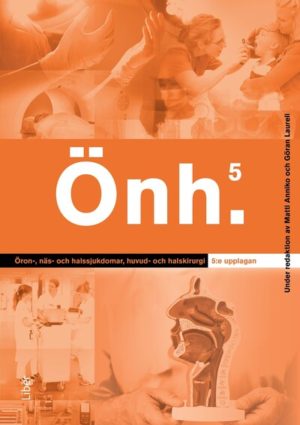Conventionally casted frameworks have been considered the preferred solutions for complete and partial restorations since the beginning of implantology. However, following technological development, the computer aided design/computer aided manufacturing (CAD-CAM) with milling the frameworks has been introduced as an alternative option with the potential of minimising inaccuracies, reducing the operator dependence and offering a homogeneous structure with high mechanical properties. The CAD-CAM multi-unit reconstruction varies with fixation type, implant framework connection, and prostheses material. However, the materials developed for the use of CAD-CAM, may have different technical and biological complications with time.
The present thesis aims to provide insights into the risk of complications in screw-retained multi-unit frameworks manufactured using the CAD-CAM technique.
